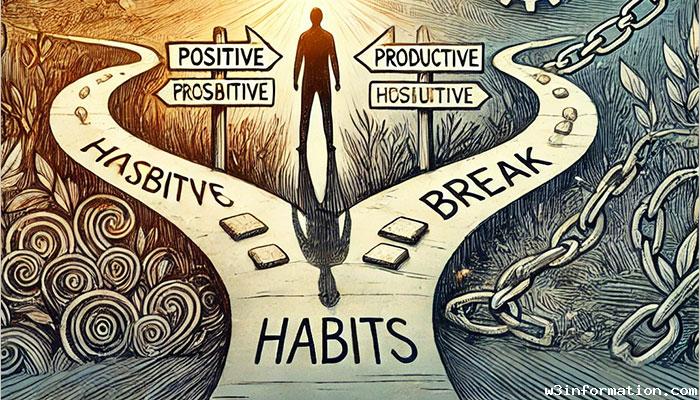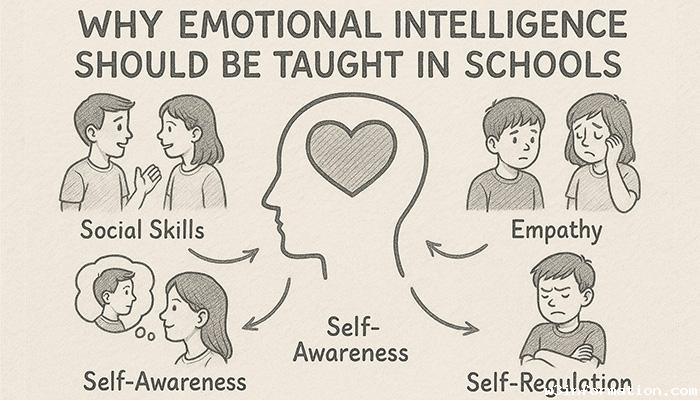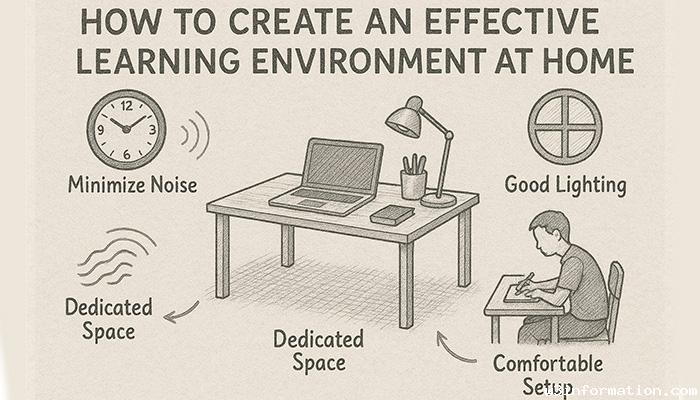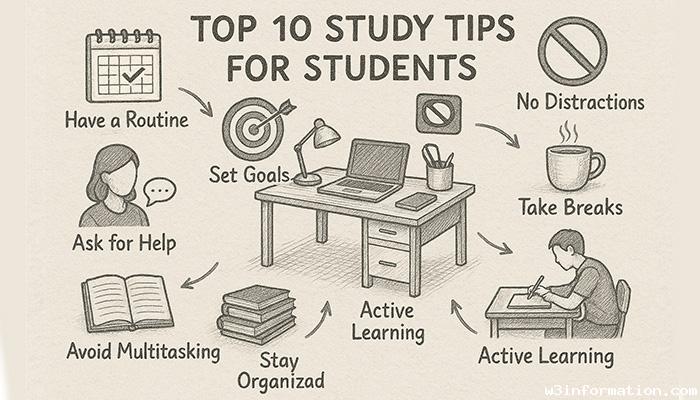The Psychology of Habits: How to Form and Break Them
Our lives are made of habits. They animate everything from the manner of our waking up to our coping mechanisms. Psychologist know about habit so that we can establish healthy habits and cut out unhealthy ones.
What Are Habits?
Habits are reflexes, caused by cues in the world. They’re built through practice that gets wired into our neural circuitry. This is habituation – the brain actually conserves energy by automating daily routines.

The Habit Loop
In The Power of Habit, Charles Duhigg has an article about the "habit loop" that is composed of three parts:
- Cue: An event that starts the action.
- Routine: The behavior itself.
- Bonus: The kind of boost that builds the habit.
The sight of your running shoes by the door (excuse), for instance, could trigger you to go for a run (process), then a reward of endorphin release or accomplishment (reward).
How Habits Are Formed
Habits can be created by habit repetition. The average amount of time a new behaviour takes to become automatic is 66 days, according to some studies.
The following are the major habits-forming variables:
- Minimalist: Begin with small steps that are manageable.
- Habit Repetition: Repeat the habit each day in the same place or time.
- Association: Combine the habit with existing habits or signals.
How to Build New Habits
- Make Specific Goals: Establish exactly what behaviour you’re trying to get.
- Find Triggers: Select a trustworthy trigger to instigate the behaviour.
- Start Small: Microstep the habit into micro-steps. Try for example to perform one push up per day before building a full workout program.
- Maintain a Progress: habit trackers to check up on your habits.
- Celebrate Success: Spectacular yourself to make the habit stick.
How to Break Bad Habits:
- Know When It’s Time: Understand the signals that cause the undesirable behaviour.
- Switch Habits: Replace the Bad Habit with a Good one. Chew gum instead of smoking, for example.
- Change Your Habits: Make your habits and surroundings different to be less vulnerable to triggers.
- Develop a Support Network: Ask friends or join groups where people have been in your shoes.
- Exercise Self-Compassion: When you fall, don’t be a harsh critic to yourself, focus on the progress.
The Role of Willpower and Motivation
Willpower is critical but there’s only so much of it. Motivation can help, but if you’re to stay on track long term, you’ll need to set up structures and tools to keep your habits in place. Automated actions – set timers or send reminders – make willpower less critical.
Neuroscience and Habit Change
It is also a habit-forming and habit-maintenance system in the brains’ basal ganglia. If you want to quit a habit, the prefrontal cortex needs to take a decision to override automatic behaviour. That’s why habit change involves being mindful and active.

Problems and What You Need to Do to Solve Them
- Limits: Growth might stall in the middle of initial victory. Reassess and modify plans during this period.
- Relapses: These are normal. Learn from them, not from them as failures.
- Overstuff: Build on a single habit at a time so you don’t overwhelm yourself.
Common Challenges and How to Overcome Them
- Stumps: Progress can slow down after the first success. Don’t waste it trying to think the plan over again.
- Relapses: These are normal. Learn from them instead of viewing them as failures.
- Overstretch: Only one habit at a time, so you’re not doing it all.
Conclusion
The habit is the power of the self. When we know the psychology of how they are formed and disturbed, we become in charge of our actions, creating the life we want. Whether you want to start working out, stop waiting or begin eating better, it is about small, steady steps supported by knowledge of your triggers and reasons.
 Why Emotional Intelligence Should Be Taught in Schools
Why Emotional Intelligence Should Be Taught in Schools
 The Future of Higher Education: Trends to Watch
The Future of Higher Education: Trends to Watch
 How to Create an Effective Learning Environment at Home
How to Create an Effective Learning Environment at Home
 Top 10 Study Tips for Students
Top 10 Study Tips for Students
 How Online Learning is Changing the Education Landscape
How Online Learning is Changing the Education Landscape
 How to create backend CRM using React JS
How to create backend CRM using React JS